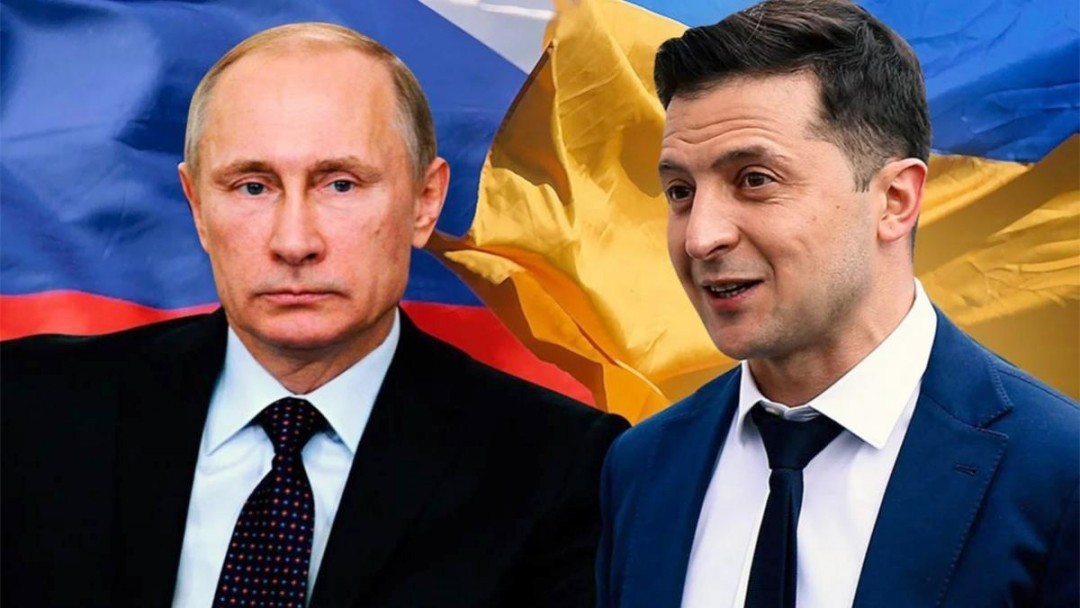Russia has signaled that it is open to a 30-day ceasefire in Ukraine, following a proposal from the United States. Russian President Vladimir Putin stated that Moscow agrees “in principle” to the ceasefire but stressed that any agreement must address the deeper issues behind the conflict.
The proposed ceasefire is part of renewed diplomatic efforts by the Biden administration to bring an end to the prolonged conflict in Ukraine. The U.S. proposal calls for both sides to halt military operations for 30 days to create space for further peace negotiations.
Putin’s response reflects cautious optimism but with clear conditions. He stated:
“We are prepared to consider a ceasefire if it leads to meaningful dialogue and addresses the root causes of this conflict, including NATO’s expansion and Ukraine’s military alignment with the West.”
Ukrainian President Volodymyr Zelenskyy welcomed the proposal but accused Russia of using the ceasefire as a strategic pause to regroup its forces.
✅ 30-Day Ceasefire: Immediate halt to all military operations by both Russian and Ukrainian forces.
✅ Negotiation Framework: Creation of a diplomatic channel to address territorial disputes and security concerns.
✅ Monitoring Mechanism: International observers would be deployed to monitor compliance.
- A ceasefire would offer much-needed relief to Ukrainian civilians, especially in heavily bombarded areas like Donetsk and Kharkiv.
- Military analysts warn that both sides may use the ceasefire period to regroup and strengthen their positions.
- A successful ceasefire could open the door for long-term peace talks.
- Failure to reach a durable agreement could worsen hostilities and deepen mistrust between Moscow and Kyiv.
- The European Union and NATO have cautiously welcomed the proposal but remain skeptical of Russia’s intentions.
- The United Nations has expressed support, calling for both sides to engage in good faith negotiations.
Both Russia and Ukraine are expected to continue high-level diplomatic talks in Geneva next week. Putin’s willingness to engage in dialogue represents a significant shift in tone, but whether the ceasefire holds remains uncertain.
Global leaders are urging both parties to seize the opportunity to prevent further escalation and move toward a peaceful resolution.

